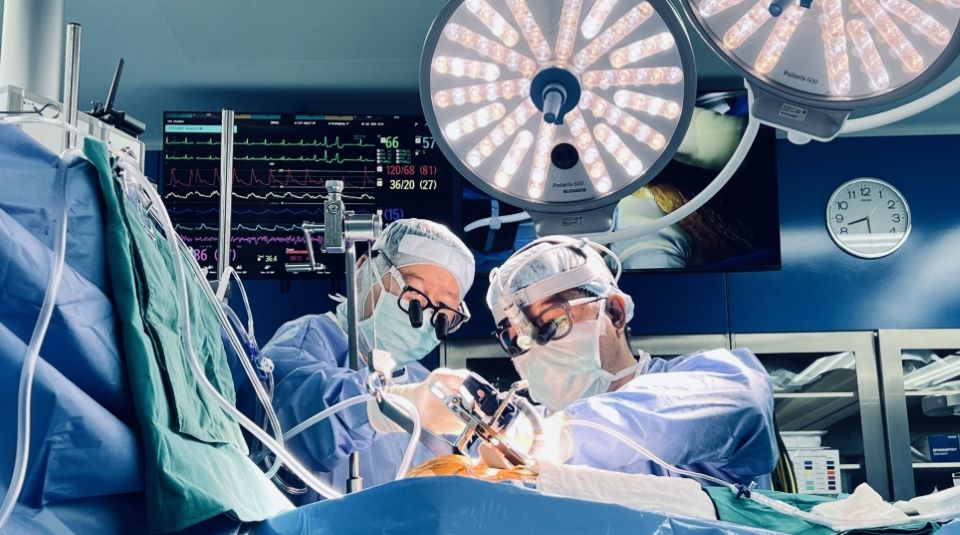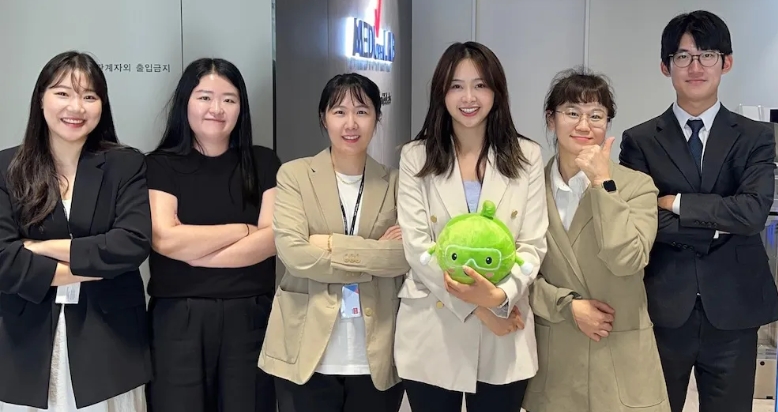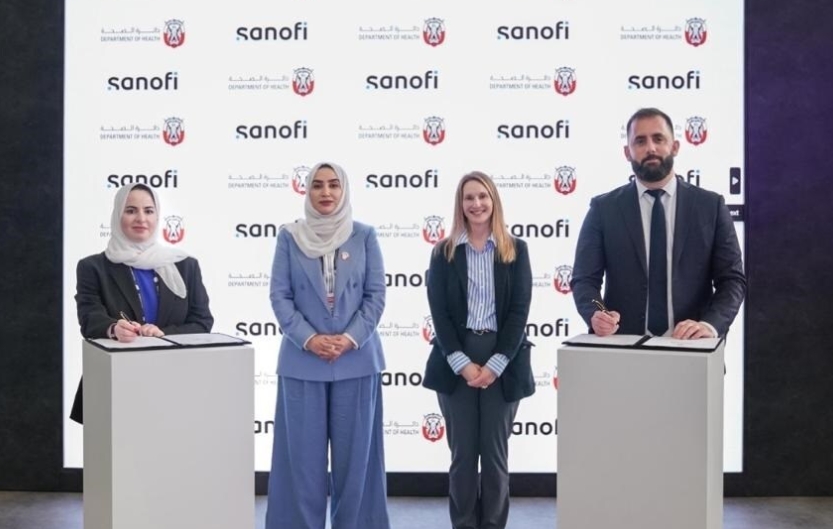
Photo Credit: Freepik
Global Strategic Institute at Korea Advanced Institute of Science and Technology (KAIST) launched innovative future strategies for the medical and bio-engineering sectors that have been disrupted by COVID-19. The forum invited about 50 young scientists and medical researchers from around the world to participate in an online panel session.
The online forum featured world-renowned scholars who will discuss an array of bioengineering technologies that will improve our quality of life and even extend our life span. This was the GSI's third online forum since the first one in April that covered the socio-economic implications of the global pandemic and the second one in June focusing on the education sector.
Korean Prime Minister Sye-Kyun Chung also delivered a speech explaining the government's response to COVID-19 and vaccine development strategies.
The President of the National Academy of Medicine in the US shared ideal policies to back up the bio-engineering and medical sectors and Futurist Thomas Frey from the Davinci Institute presented his distinct perspectives on our future lives after COVID-19.
Two distinguished professors in the field of genetic engineering technology Professor George McDonald Church and Professor Kwang-Soo Kim from Harvard Medical School shared their latest breakthroughs. Prof George discussed the advancement of gene editing and genome technology to overcome diseases and contribute to extending human life spans. Prof Kim discussed new discoveries for Parkinson's disease treatment by reprogramming a patient's own skin cells to replace cells in the brain will introduce the latest clinical cell treatment technologies based on personalized therapeutics.
Senior Vice President and Chief Product Officer of Illumina Susan Tousi, a leading genome sequencing solution provider, described genome analysis technology and explore the potential for disease prevention.
KAIST medical scientist Jeong Ho Lee, who was the first to identify the causes of intractable epilepsies and has identified the genes responsible for several developmental brain disorders. Professor Jin-Hyung Lee from Stanford University and Dr. David B. Resnik from the National Institute of Environmental Health Science also joined the speaker lineup to discuss genetics-based personalized solutions to extend human life spans.




